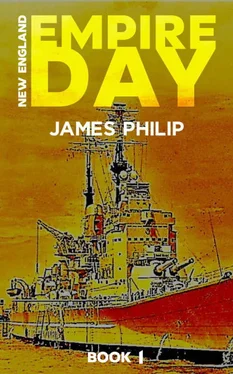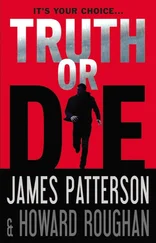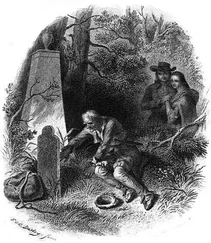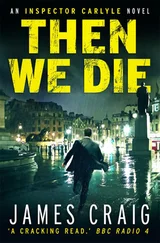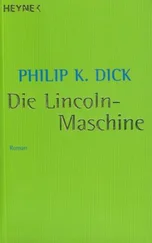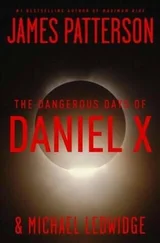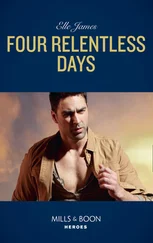James Philip - Empire Day
Здесь есть возможность читать онлайн «James Philip - Empire Day» весь текст электронной книги совершенно бесплатно (целиком полную версию без сокращений). В некоторых случаях можно слушать аудио, скачать через торрент в формате fb2 и присутствует краткое содержание. Год выпуска: 2018, Жанр: Альтернативная история, на английском языке. Описание произведения, (предисловие) а так же отзывы посетителей доступны на портале библиотеки ЛибКат.
- Название:Empire Day
- Автор:
- Жанр:
- Год:2018
- ISBN:нет данных
- Рейтинг книги:5 / 5. Голосов: 1
-
Избранное:Добавить в избранное
- Отзывы:
-
Ваша оценка:
Empire Day: краткое содержание, описание и аннотация
Предлагаем к чтению аннотацию, описание, краткое содержание или предисловие (зависит от того, что написал сам автор книги «Empire Day»). Если вы не нашли необходимую информацию о книге — напишите в комментариях, мы постараемся отыскать её.
It is the day before Empire Day – 4th July – the day each year when the British Empire marks the brutal crushing of the rebellion dignified by the treachery of the fifty-six delegates to the Continental Congress who were so foolhardy as to sign the infamous Declaration of Independence in Philadelphia on that day of infamy in 1776.
It is nearly two hundred years since George Washington was killed and his Continental Army was destroyed in the Battle of Long Island and now New England, that most quintessentially loyal and ‘English’ imperial fiefdom – at least in the original, or ‘First Thirteen’ colonies – is about to celebrate its devotion to the Crown and the Old Country, of which it still views, in the main, as the ‘mother country’.
Yet all is not roses. Since 1776 in a world of empires the British Empire has grown and prospered until now, it stands alone as the ultimate arbiter of global war and peace. The Royal Navy has enforced the global Pax Britannia for over a century since the World War of the 1860s established a lasting but increasingly tenuous ‘peace’ between the great powers.
Nonetheless, while elsewhere the Empire may be creaking at the seams, struggling to come to terms with a growing desire for self-determination; thus far the Pax Britannica has survived – buttressed by the commercial and industrial powerhouse of New England stretching from the Atlantic to the Pacific North West – intact for all that barely a year goes by without the outbreak of another small, colonial war somewhere…
This said, the British ‘Imperial System’ remains the envy of its friends and enemies alike and nowhere has it been so successful as in North America, where peace and prosperity has ruled in the vast Canadian dominions and the twenty-nine old and recent colonies of the Commonwealth of New England for the best part of two centuries.
In Whitehall every British government in living memory has complacently based its ‘American Policy’ on the one immutable, unchanging fact of New England politics; that the First Thirteen colonies will never agree with each other about anything, let alone that the sixteen ‘Johnny-come-lately’ new (that is, post-1776) colonies, protectorates, territories and possessions which comprise half the population and eight-tenths of the land area of New England, should ever have any say in their affairs!
New England is a part of England and always will be because, axiomatically, it will never unite in a continental union. Notwithstanding, in the British body politic the myths and legends of that first late eighteenth-century rebellion in the New World still touches a raw nerve in the old country, much as in former epochs memories of Jacobin revolts, Oliver Cromwell and the Civil War still harry old deep-seated scars in the national psyche.
Empire Day might not have originally been conceived as a celebration of the saving of the first British Empire and but as time has gone by it has come to symbolise the one, ineluctable truth about the Empire: that New England is the rock upon which all else stands, an empire within an empire that is greater than the sum of all the other parts of the great imperium ruled from London.
In past times a troubling question has been whispered in the corridors of power in London: what would happen to the Empire – and the Pax Britannica – if the British hold on New England was ever to be loosened?
Generations of British politicians have always known that if the question was ever to be asked again in earnest it has but one answer.
If the New World ever discovers again a single voice supporting any kind of meaningful estrangement from the Old Country; it would surely be the end of the Empire…
Coming soon: Book 2 – Two Hundred Lost Years; and Book 3 – Travels Through the Wind.
